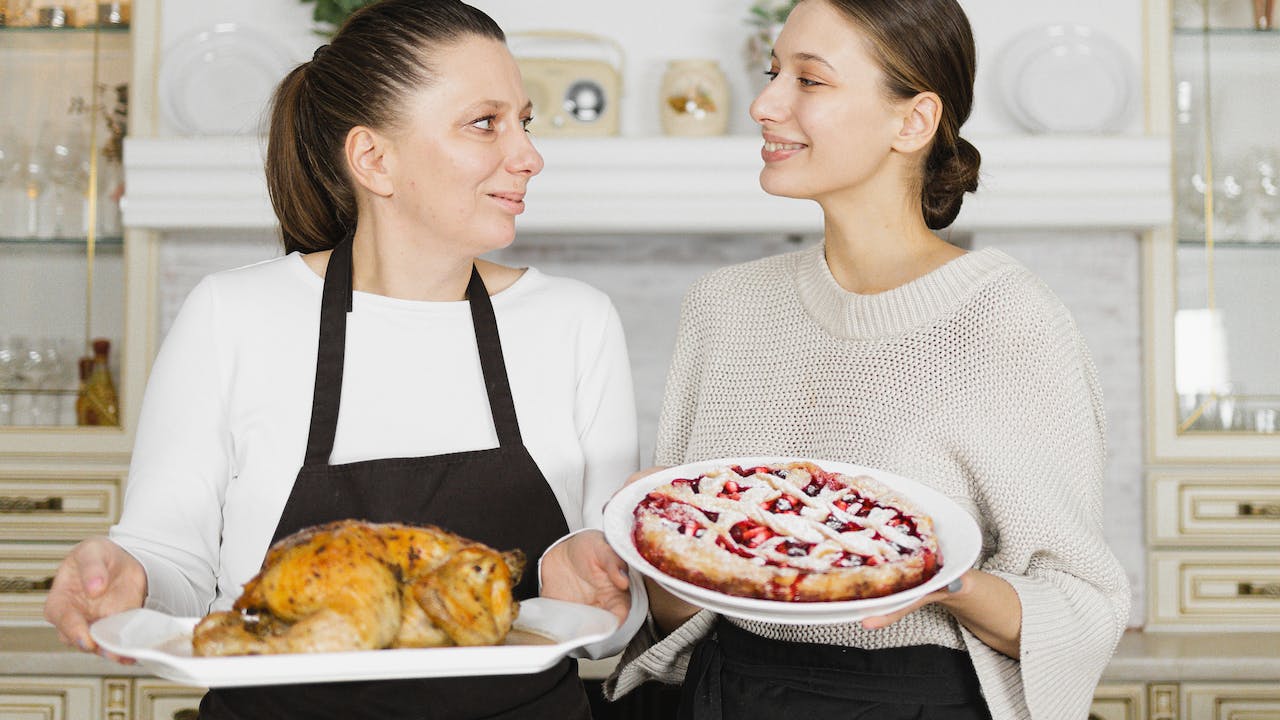The art of transforming raw ingredients into delectable dishes has long fascinated both amateur and professional cooks. This transformative process splits into two main categories: baking and cooking. Often, a debate arises among culinary enthusiasts about the complexity and skill required for each. Is baking, with its precise measurements and scientific approach, inherently more challenging than the more intuitive and adjustable art of cooking? This article aims to delve into the nuances of both baking and cooking, comparing their techniques, the skills required, and the joy and challenges they bring to the kitchen.
Understanding Baking and Cooking
Baking is often seen as a precise science. It involves strict adherence to recipes, measurements, and techniques. The chemical reactions that occur during the baking process are crucial for the final product’s success. Baking requires not only a fundamental understanding of these chemical reactions but also patience and precision. Whether it’s bread, pastries, or cakes, the exact ratios of ingredients like flour, baking powder, and yeast are essential.
On the other hand, cooking is often viewed as a more flexible art. It allows for more improvisation and adjustment based on personal preferences and available ingredients. Cooking encompasses a wide range of techniques from frying and sautéing to braising and stewing. While it requires a keen sense of taste and timing, it often forgives minor deviations from recipes or ingredient substitutions.
Historical Context
The history of baking and cooking reflects the evolution of human societies. Baking, one of the oldest cooking methods, dates back to ancient times with bread being a fundamental staple in many cultures. The precision in baking was born out of necessity, as early bakers realized the need for accurate measurements to ensure consistent results.
Cooking, however, has evolved with the advent of different cooking methods. From open fires to modern stoves, the techniques have adapted to the available technology and ingredients. Cooking reflects the cultural diversity of societies, with each region adding its unique twist to common ingredients.
Skills and Techniques in Baking and Cooking
Baking demands a meticulous approach. The baker must understand how different ingredients like fats, flours, and leavening agents interact under varying temperatures. Baking also requires technical skills like kneading dough to the right consistency and knowing the precise baking times.
Conversely, cooking is often about intuition and adaptation. It requires the ability to balance flavors, adjust seasoning on the go, and make do with the ingredients at hand. While it also requires skill, cooking provides more leeway for experimentation and personalization.
The Joy and Challenges of Baking and Cooking
For many, the joy of baking lies in the precise nature of the craft. The satisfaction of seeing a perfectly risen loaf of bread or a beautifully set cake is unparalleled. However, this precision also presents challenges. Baking is less forgiving, and small errors can lead to disappointing results.
Cooking, in contrast, offers immediate gratification and the opportunity to tweak dishes to one’s taste. The challenges in cooking often revolve around mastering various techniques and understanding how to balance and layer flavors effectively.
Deciding whether baking is harder than cooking ultimately depends on personal preferences and strengths. While baking requires precision and a scientific understanding, cooking offers more flexibility and room for creativity. Both disciplines, however, share a common goal: to bring joy through delicious food. Whether a person finds more comfort in the exactness of baking or the adaptability of cooking, both paths offer unique challenges and rewards in the culinary journey.

